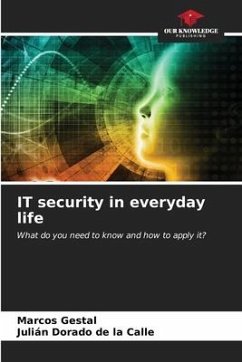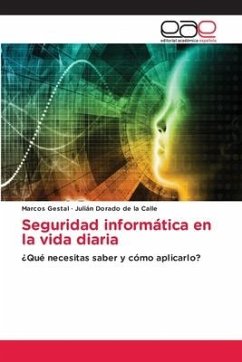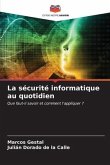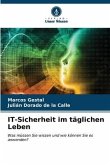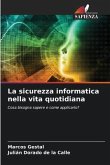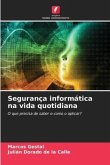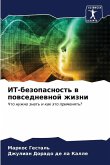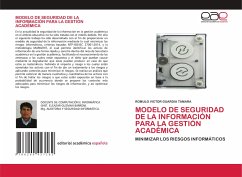According to the Real Academia de la Lengua Española, security refers to the "quality of being safe". This definition alone does not clarify much, so from now on we will speak of safety as a situation in which there is an absence of danger, harm or risk. This concept can be applied to security in many areas, with similar meanings: legal security (legal security is the quality of the legal system that implies the certainty of its rules and, therefore, the predictability of their application); public security (a situation of public tranquillity and the free exercise of individual rights, whose effective protection is entrusted to the forces of public order); active security (security provided by a set of mechanisms, characteristics or features of an object (e. g. a vehicle) whose function is to avoid the risk of harm or damage to an object (e. g. a vehicle); and active security (security provided by a set of mechanisms, characteristics or features of an object (e. g. a vehicle) whose function is to avoid the risk of harm or damage to an object). g. vehicle) whose function is to avoid or prevent accidents); and, of course, IT security (set of protocols, applications, etc. aiming at the protection of some kind of physical (e.g. equipment) or logical (e.g. information) asset).

